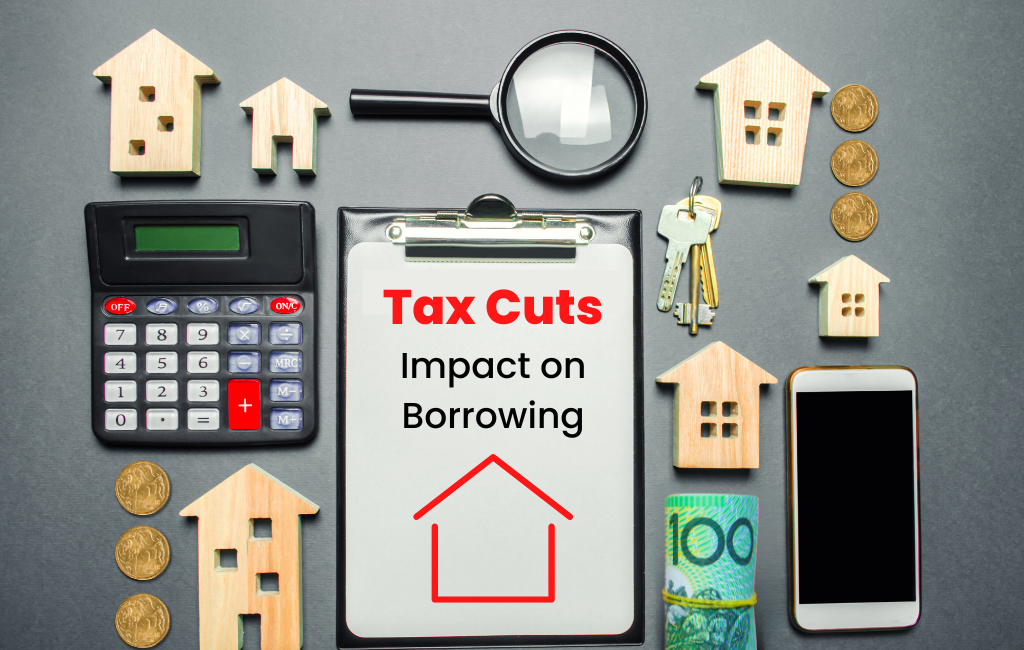Categories
Albanese Government's Stage 3 Tax Cut Revisions Offer Benefits for Borrowers

The Albanese government's recent revision of the stage 3 tax cuts, set to be implemented from 1 July this year, presents potential advantages for Australian borrowers.
Prime Minister Anthony Albanese, during his address at the National Press Club on 25 January, highlighted these changes as part of a broader "plan for middle Australia," aiming to benefit taxpayers across the board.
The adjustments to the stage 3 tax cuts are seen as a considerable enhancement to the current tax system, especially favouring middle-income families. The shift away from a uniform tax reduction strategy means that families will have more disposable income, directly impacting their borrowing capacity. This is particularly relevant given the government's incentives for first home buyers, likely leading to an increase in market activity from this demographic.
What Do the Changes Entail?
Originally legislated by the Morrison government in 2019, the stage 3 tax cuts were designed to apply a 30 percent tax rate to incomes between $45,000 and $200,000, while removing the 32.5–37 percent tax brackets and adjusting the thresholds for the 45 percent tax bracket.
The Albanese government's revisions include:
- Reducing the tax rate from 19 percent to 16 percent for incomes between $18,200 and $45,000.
- Lowering the tax rate to 30 percent from 32.5 percent for incomes between $45,000 and the new $135,000 threshold.
- Raising the threshold for the 37 percent tax rate from $120,000 to $135,000.
- Increasing the threshold for the 45 percent tax rate from $180,000 to $190,000.
This means individuals earning up to $140,000 will see greater tax cuts, while those earning over $200,000 will experience a reduction in their tax cut, receiving $4,529 instead of the initially legislated $9,075.
These changes will result in tax cuts for all 13.6 million Australian taxpayers, 2.9 million more than what was proposed under the original plan by the Morrison government.
For personalised advice on how these tax changes might affect your borrowing capacity, contact our lending specialist, Hayley Crow, at Paris Financial today at (03) 8393 1000.
Hayley Crow is a Credit Representative (CR No: 486223) of Buyers Choice Licencing Pty Ltd ACN 626 172 281 (Australian Credit Licence No: 509484)
